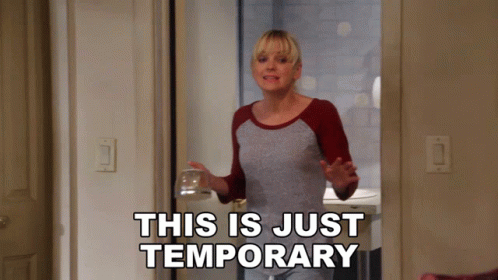Are you feeling overwhelmed with your course load?
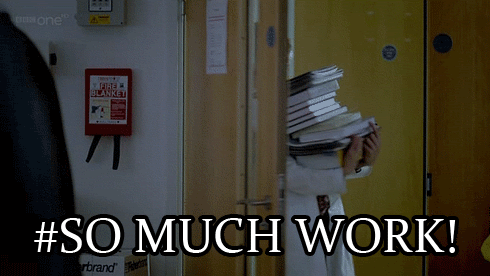
Or perhaps your class is not as interesting as you hoped it would be?
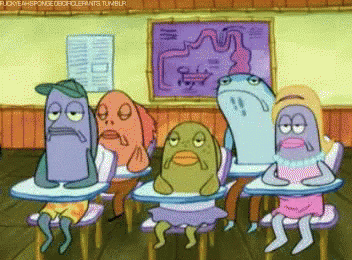
For whatever reason, you're considering dropping a class. While there isn’t a one-size-fits-all approach to dropping a class, there are some do's and don'ts you should follow.
Do consider if you need the class for your degree
If the class is a degree requirement and your main reason for dropping the class is simply to put it off for the next semester or two, maybe it's not the best idea.

You'll have to deal with it later. Delaying can morph into a prolonged dread that you'll have to face sooner or later. It might be best to rip off the bandaid and take the class!
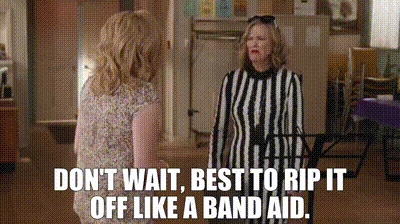
You might delay your graduation. Depending on your university and area of study, major courses often have much smaller class sizes. You may risk not getting into the class again until much later, which could delay your graduation.

Consider course dependencies. Many degree programs have prerequisites. Dropping a degree-required class may prevent you from enrolling in subsequent courses.
Don't drop the class without much thought
Slow down there! Before taking any action, sit down and take some time to assess your reasons for wanting to drop a class.
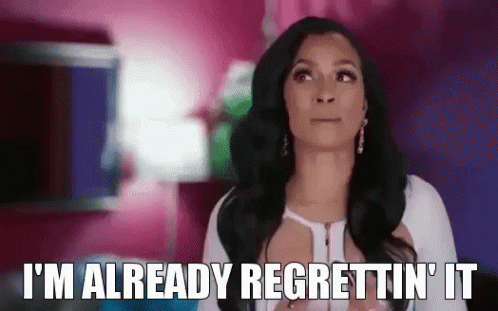
Dropping a class too hastily may come with regrets later on, as you might not be able to get back in.
Create a pros and cons list and assign value to each factor from -5 (worst outcome) to +5 (best outcome) and add up the total for an answer. For example:

Janie is a third-year history major. After graduating, she is planning to apply to graduate schools.
With her upper-level major courses and her elective class in philosophy, Janie feels like she is in over her head. Her philosophy professor is a very hard grader, leaving Janie starting out with a poor grade that she is sure will only get worse with time.
 Drop the class!
Drop the class!
(+3) Reduced workload: Janie is feeling burnt out and it is only the second week of the semester.
(+5) Higher GPA: Janie needs to maintain her high GPA for graduate admissions and she knows that this elective will decrease her GPA considerably.
(+1) Sleeping in: Without a morning class, Janie will be able to get an extra hour to sleep.
 Don't drop the class!
Don't drop the class!
(-2) Missed opportunities: Despite her professor, Janie truly enjoys the content of the course.
(-1) Friends: Janie's friends are in the class and she doesn't want to part from them.

Doing the math (3+5+1-2-1), this leaves Janie with a positive value of 6. This indicates that the advantages of dropping her philosophy class far outweigh the disadvantages, making this the most favorable decision for her!
 Image courtesy of Oy With the Poodles blog
Image courtesy of Oy With the Poodles blog
Go on, try it out yourself! By using a value-based pros and cons list, you can make a decision that aligns with what is best for you since not every factor discussed here will apply to your specific situation.
Do consider deadlines for dropping a class
In many universities, there are deadlines to drop a class without receiving a "W" mark (Withdrawal) on your transcript. Regardless of whether or not you complete the course at a later time, the mark is often permanent.
If you are planning to pursue a postgraduate degree, it's generally not a good look to have too many withdrawals on your transcript.
A "W" or two on your transcript is not the end of the world! However, if it becomes a noticeable habit, this may raise concerns about your:

Commitment

Ability to handle a full course load
Don't ignore the financial implications
 Photo by John McArthur on Unsplash
Photo by John McArthur on UnsplashIn many universities, financial aid and scholarships require that you take a certain minimum of credits every semester. In most cases, universities would like you to have a full-time course load to maintain your financial aid awards.

If dropping this class would cause you to fall under this minimum and you will not be able to register for another course in its place, consider braving the storm and sticking with the class!
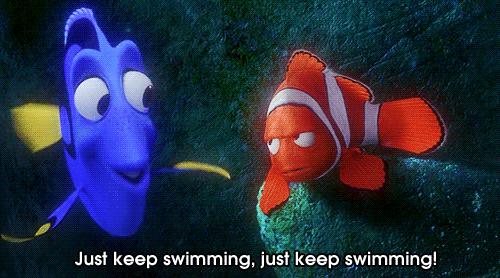
Do consult your professor or advisor
Remember, your professors and advisors are there to help you! If you're considering dropping a class, make an appointment with them as soon as you can.
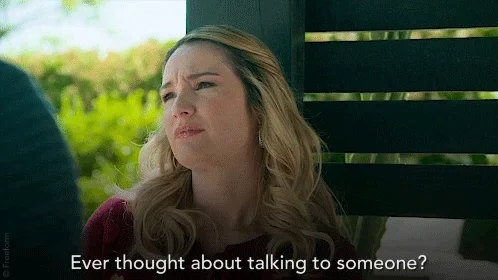
They might be able to guide you through your situation so you can avoid dropping the course or at least inform you about the withdrawal process.
If you're struggling in a class and are thinking about dropping the class, sitting down for a chat with your professor or advisor can help you figure out possible changes to make.

Professors may...
give you a good idea of your chances of passing the class.
recommend helpful strategies and advice to improve on future exams and assignments.
offer extra credit assignments or projects.
offer extensions for assignments you're struggling with.
direct you to resources like tutoring, study guides, etc.

Advisors may...
help you understand potential consequences.
explore alternatives.
assist you in readjusting your degree plan to ensure an on-time graduation.
Don't base your decision on short-term problems
Avoid making knee-jerk reactions in response to minor setbacks! Impulsive decisions may end up becoming regretful decisions.
Short-term problems may include...

One bad assignment: It happens to the best of us. Getting a grade you weren't expecting is disappointing. But if there's potential for improvement, stick with it.

Disliking an assignment: If you're in a class you truly like outside of a single assignment on the syllabus, consider if it' s really bad enough to be a dealbreaker.
Now that you've journeyed through the do's and dont's of dropping a class...it's QUIZ TIME!

Liam is a senior majoring in biology. He's taking a genomics laboratory course and is having trouble mustering up genuine interest. Bored out of his mind, he is looking to drop his class in favor of an easier and more fun one.
Which of the following are questions that Liam should consider before making the final decision?

A. Is completing this course a requirement for my degree?

B. Am I past the deadline to add or drop classes?

C. Will dropping this class impact my financial aid eligibility?

D. Can I skip most of the classes and focus on passing the exams?
Quiz
Which questions should Liam consider? Select all that apply:
Take Action
Remember, dropping a class should be a well-considered decision that aligns well with your long-term academic goals. Choose wisely!

Your feedback matters to us.
This Byte helped me better understand the topic.

